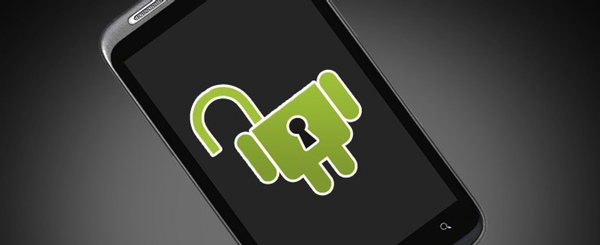Given access and time, any computer can be hacked. However, some computers are more easily hacked than others. That is increasingly the case with Android security, which has the two things cyber criminals need — vast herds of users and glaring security failings.
Back in the ’90s, Microsoft and its Windows operating system finally won the desktop platform wars, vanquishing Apple’s Macintosh, which was the last serious contender for the throne. In the resulting monoculture, hackers and cyber criminals focussed almost exclusively on Redmond’s platform — Windows security was an ugly mess.
At least part of that cautionary chain of events seems to playing out again, this time between Google’s Android and Apple’s iOS.
“There’s so much malware on Android, you’d think it would be a huge deal,” writes ESET distinguished security researcher Stephen Cobb. “[B]oth in the number of malware exploits and their increasing sophistication… the rate of growth in Android malware is impressive, and scary.”
He sums up in saying, “Android is like early Windows.”
Android Security: Lessons Unlearned
As the Apple of 2013 is vastly larger, healthier and more diversified company than it was in the late ’90s, Android alone likely isn’t enough to kill the iPhone, iPad, Mac and iPod maker — no near death experience this time around.
However, the prospects for Android device users aren’t quite so rosy. Neither Google nor its many mobile device OEMs have shown much interest in tamping down the security issues that plagued the platform.
Back in the day an unpatched Windows PC would be infected within minutes of getting connected to the internet. Microsoft has now largely tamped down the threat, but it took them years to even admit there was a problem.
Android security hasn’t gotten that bad, yet. However glaring platform deficiencies and the fact that hundreds of millions of Android devices never get a single OS update likely means the situation will get worse, much worse…
What’s your take?
Source: We Live Security via ReadWrite, image LaptopMag



